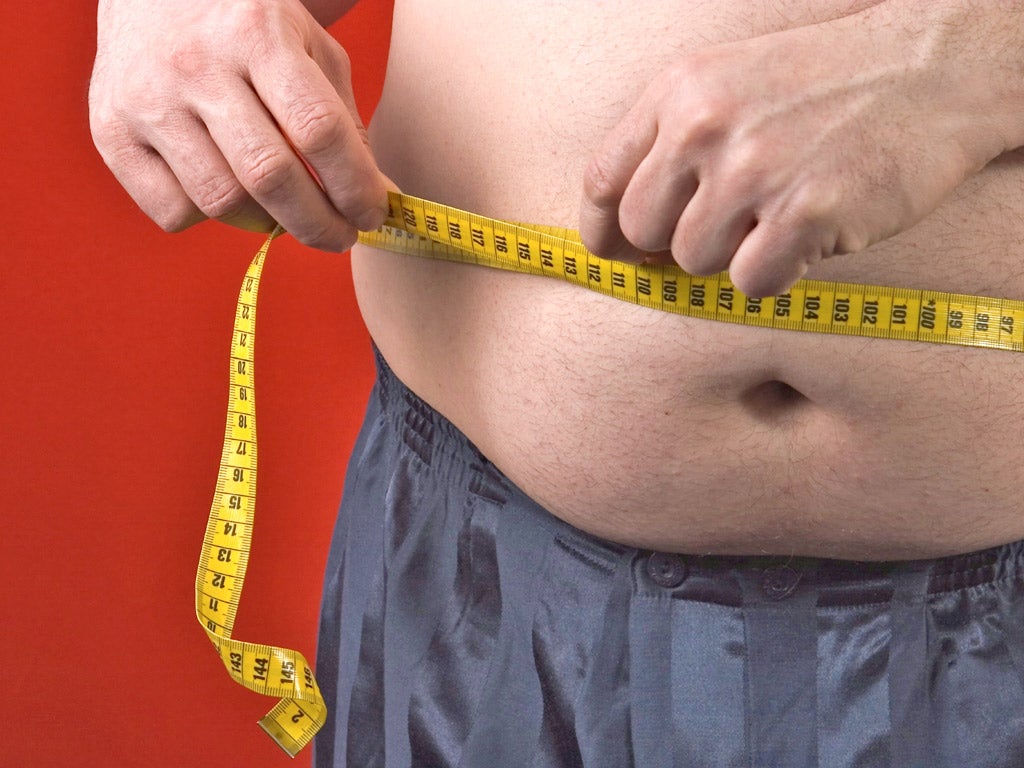Lidl chucks out checkout sweets, but not because the supermarket is worried for our health
The hysteria around obesity in this country is starting to get silly


Your support helps us to tell the story
From reproductive rights to climate change to Big Tech, The Independent is on the ground when the story is developing. Whether it's investigating the financials of Elon Musk's pro-Trump PAC or producing our latest documentary, 'The A Word', which shines a light on the American women fighting for reproductive rights, we know how important it is to parse out the facts from the messaging.
At such a critical moment in US history, we need reporters on the ground. Your donation allows us to keep sending journalists to speak to both sides of the story.
The Independent is trusted by Americans across the entire political spectrum. And unlike many other quality news outlets, we choose not to lock Americans out of our reporting and analysis with paywalls. We believe quality journalism should be available to everyone, paid for by those who can afford it.
Your support makes all the difference.Score one for parents everywhere. Lidl, the discount retailer that’s busily making life difficult for Tesco and its pals, has decided to ban sweets from checkouts at its 600 stores.
“Hooray,” will be the reaction of most parents. Taking children to the supermarket can be a fraught experience at the best of times. Removing a potential flashpoint - the chocolate and other sweet treats from the checkout - will remove a source of pain for many parents.
The replacements - fruit, nuts, other snacks deemed “healthy” - tend not to produce the same effect with the little darlings.
Still, “Hooray,” health campaigners have said. The move came just a day after a report from the National Obesity Forum claiming that projections of half the UK population being obese by 2050 “underestimate the problem”.
Note the use of the word “claim” which implies a certain level of doubt. I’ve been covering business for nearly 20 years, which means a lot of looking at economic forecasts and projections. Guess what: Most of them turn out to be wrong.
Even the original “half the UK will be obese by 2050” has been called into question. In response to the news, Spiked produced data from the Government’s Health Survey for England which suggested that obesity levels are actually leveling off.
What’s more, the classification of someone as “obese” tends to be based on Body Mass Index. It plots your weight and height on a graph to get an answer and is a blunt stick at best, prone to odd results such as suggesting certain rugby internationals are overweight.
Listen, I’m not about to deny that it would be a thoroughly good thing if we all got more healthy, and not just on quality of life grounds. It’d save the NHS an awful lot of much needed cash.
But the hysteria around the issue is starting to get silly. It sometimes seems as if we’re moving towards banning chocolate from public buildings. Is that a Kit Kat in your pocket? You should be ashamed, sir!
It also has real consequences. Every time stories on obesity are run, they are accompanied by warnings about the dangers of diabetes. It’s getting to the stage where if you suffer from the condition it is automatically assumed that you must have had a bad diet and be a terrible person as a result.
This is particularly bothersome to people like me, who suffer from type 1 diabetes. It is an auto-immune disorder - you get a virus, your immune system goes nuts, cheerio insulin producing cells, hi there needles!
There is nothing you do can to prevent it. It has nothing to do with diet.
However, there are also plenty of people with type 2 diabetes who contracted the condition for reasons other than eating poorly. Genetic factors play a role, as do personal factors other than diet (such as suffering from certain medical conditions or taking certain medications).
Hysterical projections like that produced by the NOF are actually counter productive. I don’t think I’m alone in being tired of bossy, judgemental people pointing fingers and lecturing.
As I’ve said, the message is fine. As a nation it would serve us well to get more well. But the method of getting it across is turning people off.
So back to Lidl, which got what it wanted - a PR coup. Even though sweets have long been absent from the checkouts of larger Sainsburys' and Tescos'. (They remain primarily at convenience outlets.)
And even though Lidl is hardly acting out of the goodness of its heart. It took its decision after research showed shoppers preferred a sweetie-free check out and would use it where offered. So Lidl’s move is being made to attract shoppers.
It’s good business.
It’s got sod all to do with health.
Read more: Claim that half overweight by 2050 ‘underestimates obesity problem’
Join our commenting forum
Join thought-provoking conversations, follow other Independent readers and see their replies
Comments